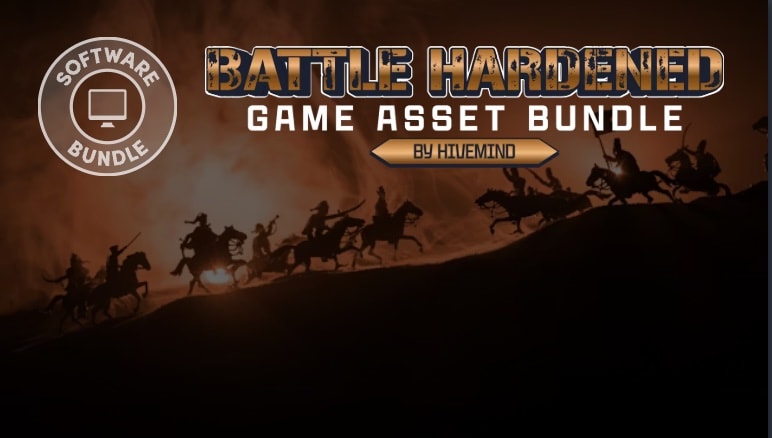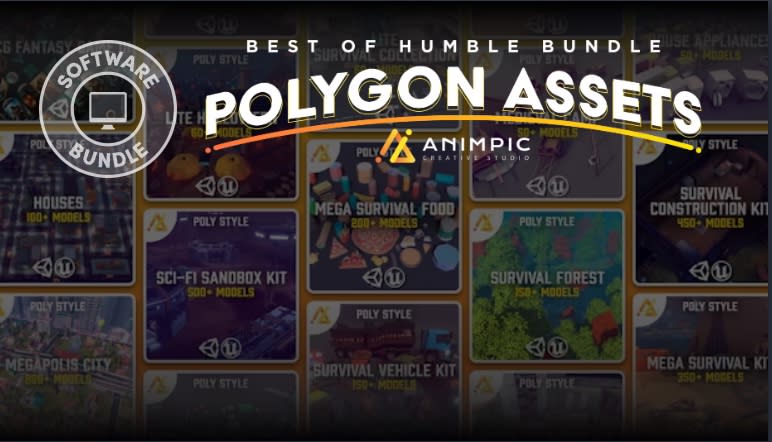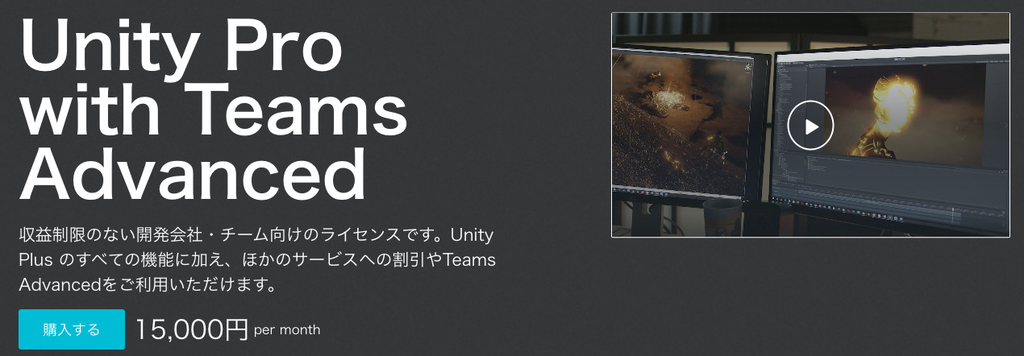
Introducing DataKit, the reimagined new approach to saving and loading your game's data.
Almost every game has data that needs to be saved and loaded. But let’s face it, working with data is often very abstract, difficult to visualise and down right tedious to debug. How about serialising different data types? That’s a whole other set of problems!
DataKit is a unique cross-platform data serialization system to automatically handle most aspects of saving and loading your game's data. Features include local and global data, save slots, save points, data groups, obfuscation, encryption and even automatic screenshots. Another great DataKit feature is the intuitive visual debugger, allowing you to view, edit, delete and restore your serialized data in real-time while testing your games in the Editor! DataKit is a powerful core asset that any game project could benefit from!
Offering unique and intuitive visual editors, you can easily setup and debug the data you’d like to save. DataKit offers “Global Data” for storing things like graphics settings or In-App Purchases and “Local Data” for setting up what is saved in each save point. All of your data keys are organized into groups for better management and fast performance.
Along with options to save your data to local files or directly into PlayerPrefs, you can also choose how many save slots and save points you’d like DataKit to manage for you. Save slots allow you to implement multiple characters or accounts. Save points are essentially snapshots of local data, allowing a user to load the state of the game at a previous point in time. DataKit can also manage deleting the oldest save points to keep within a maximum limit.
Unlike systems such as PlayerPrefs which only support saving integers, floats and strings; DataKit allows you to serialize most common data types, even when using arrays and custom classes (see 'Compatible Types' in the documentation PDF for a full list). DataKit also offers a variety of ways to serialize references. As well as saving many reference types by value, the optional Reference Database system allows you to directly reference specific assets located in the Resources folder.
DataKit also features some powerful obfuscation options! You can deter cheating by obfuscating your data with 128-bit AES Encryption or with the faster but less secure XOR algorithm. If you don’t need encryption, DataKit can literally strip it out of its own codebase using a simple platform define in Unity’ Player Settings.
In short, DataKit is a powerhouse of a plugin that will give you new and intuitive ways to save, load and debug your game's data!
Features
- Visually Setup & Debug Your Game's Data!
- Automatically Handle All File I/O!
- Local & Global Data!
- Data Groups & Keys!
- Save Slots & Save Points!
- Serialize Common Value & Reference Types!
- Multi-threaded file operations!
- Save Assets Externally (Local Files only)!
- Optional XOR Obfuscation!
- Optional AES Encryption!
- Optional Reference Database System!
- Automatically Capture Screenshots!
- Preload Data In Editor For Fast Testing!
- Event Driven API!
- Comes with 8 Fully Commented Example scenes!
- Documentation PDF and High quality video tutorials!
- Full source, No DLLs!
- Fast and friendly email support!
Support
> Documentation (PDF)
> Unity Forum
Videos
> DataKit Overview Video
> Tutorial 1 - Setting And Debugging Data
> Tutorial 2 - Reference Database
> Tutorial 3 - Scripting With DataKit
WebGL Tech Demo
> DataKit WebGL Demo







